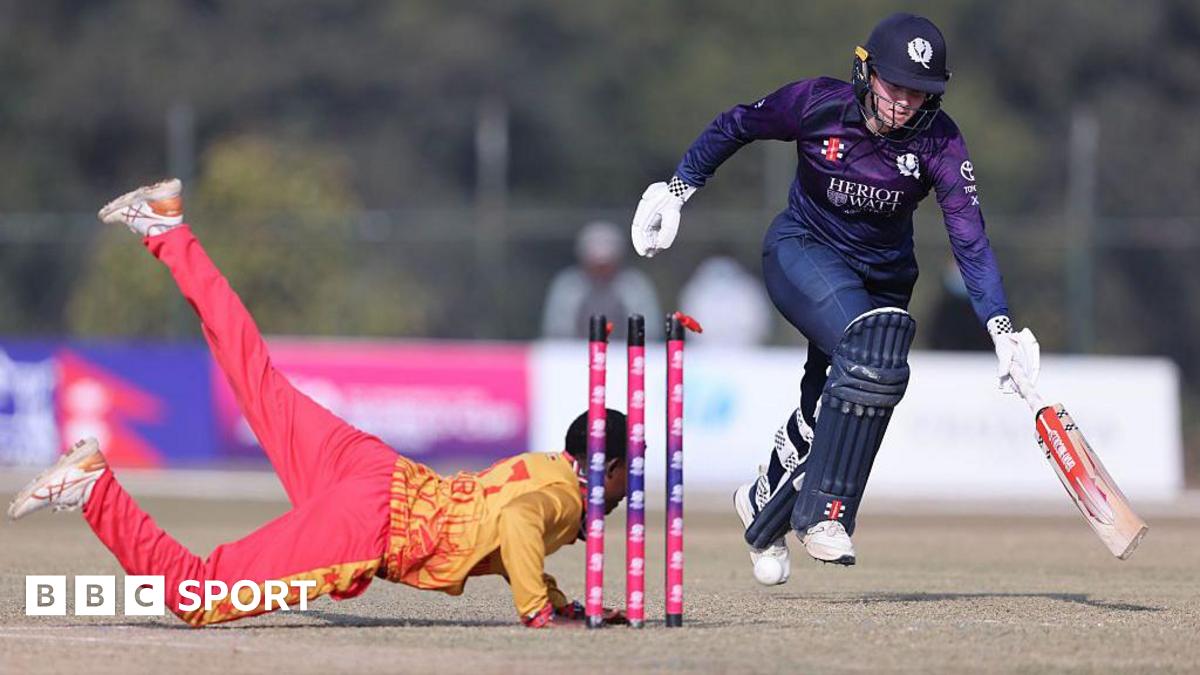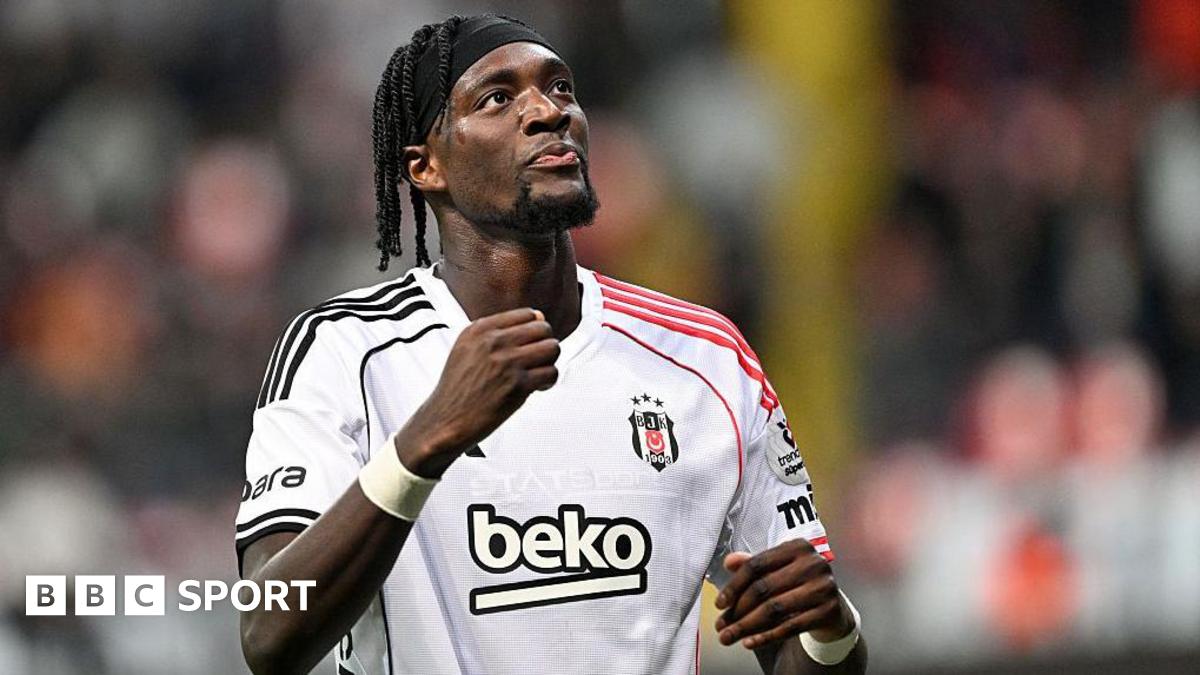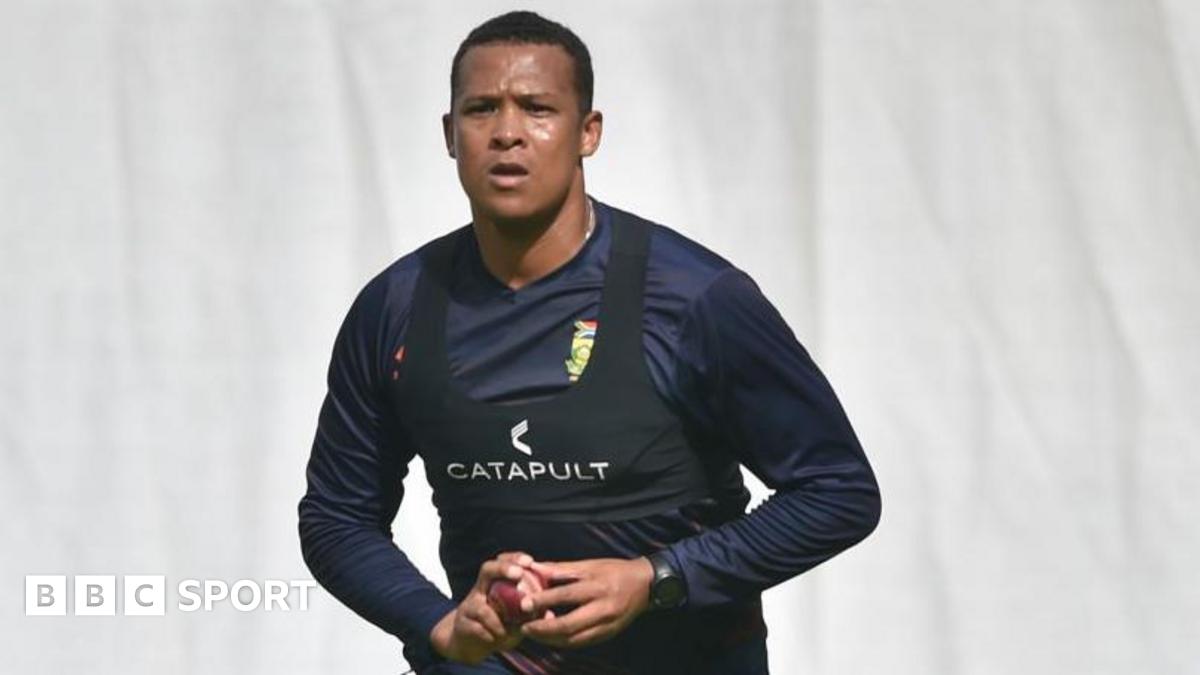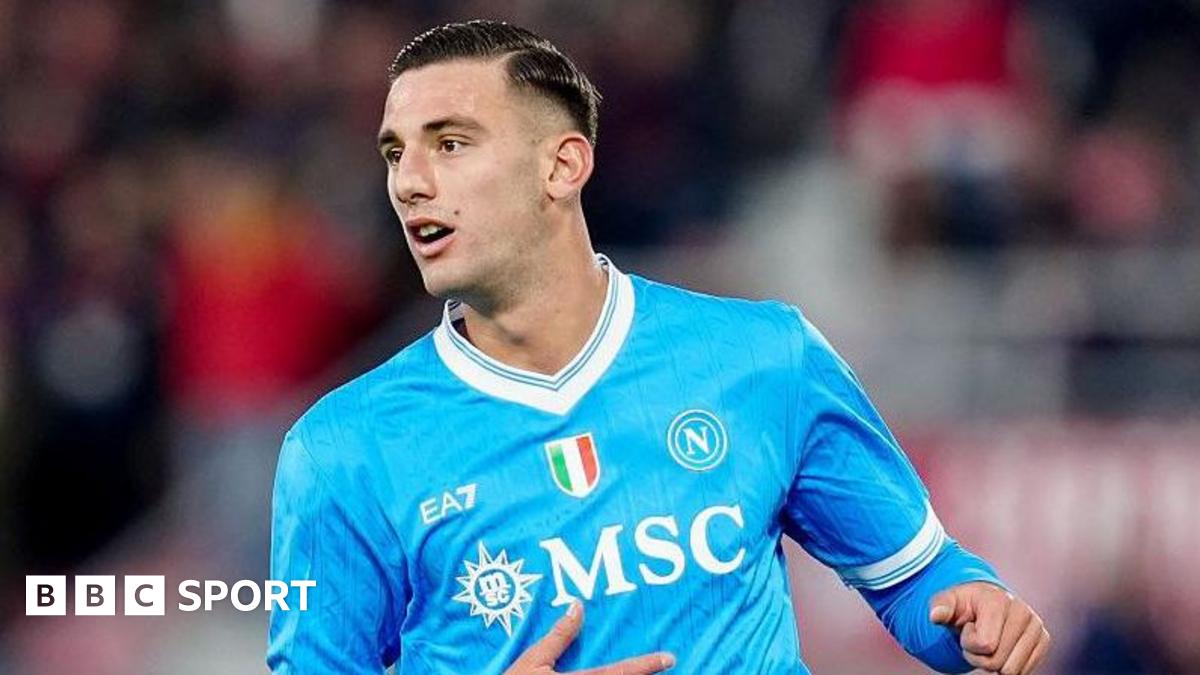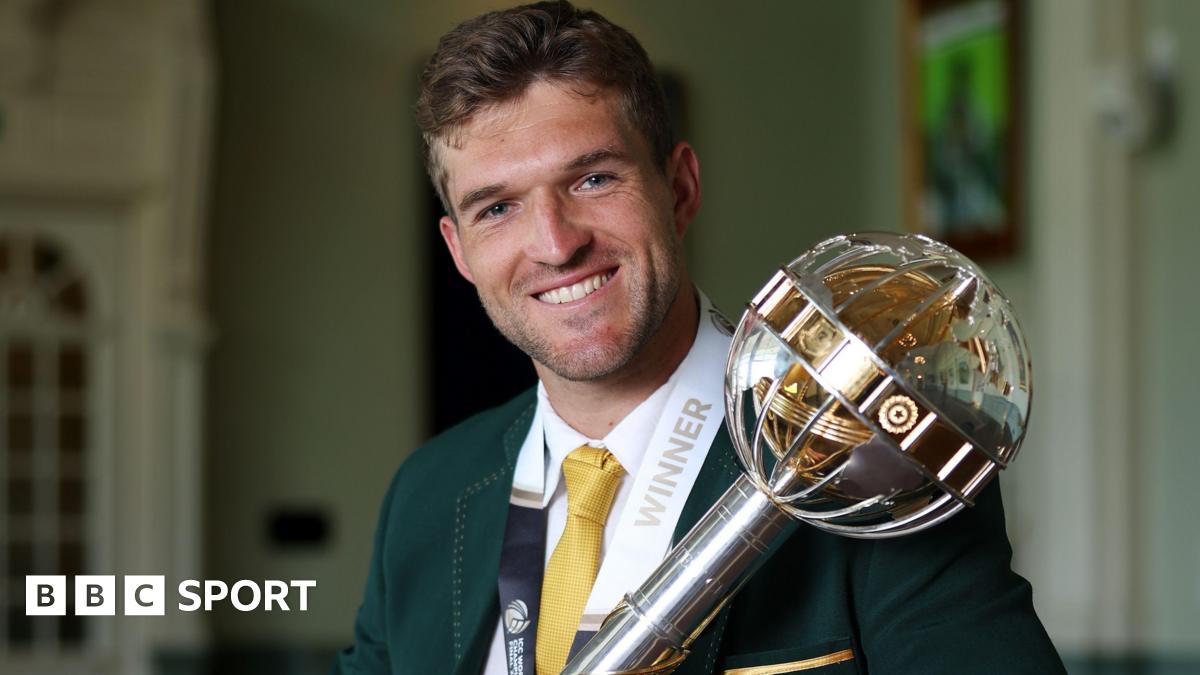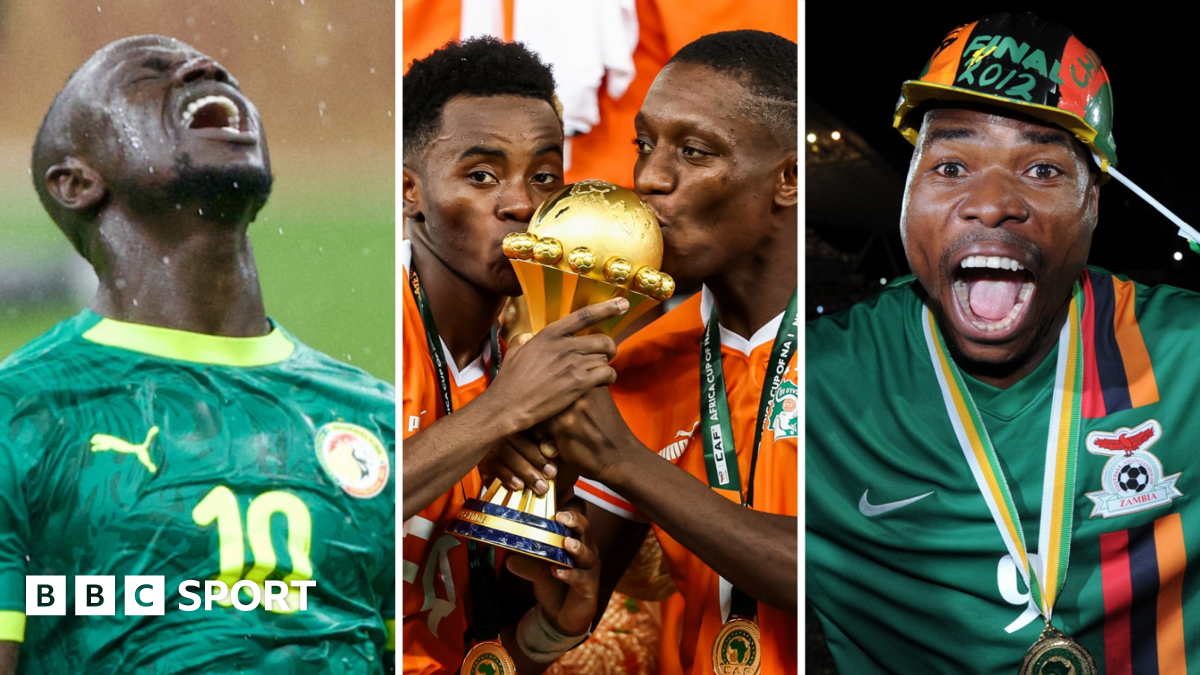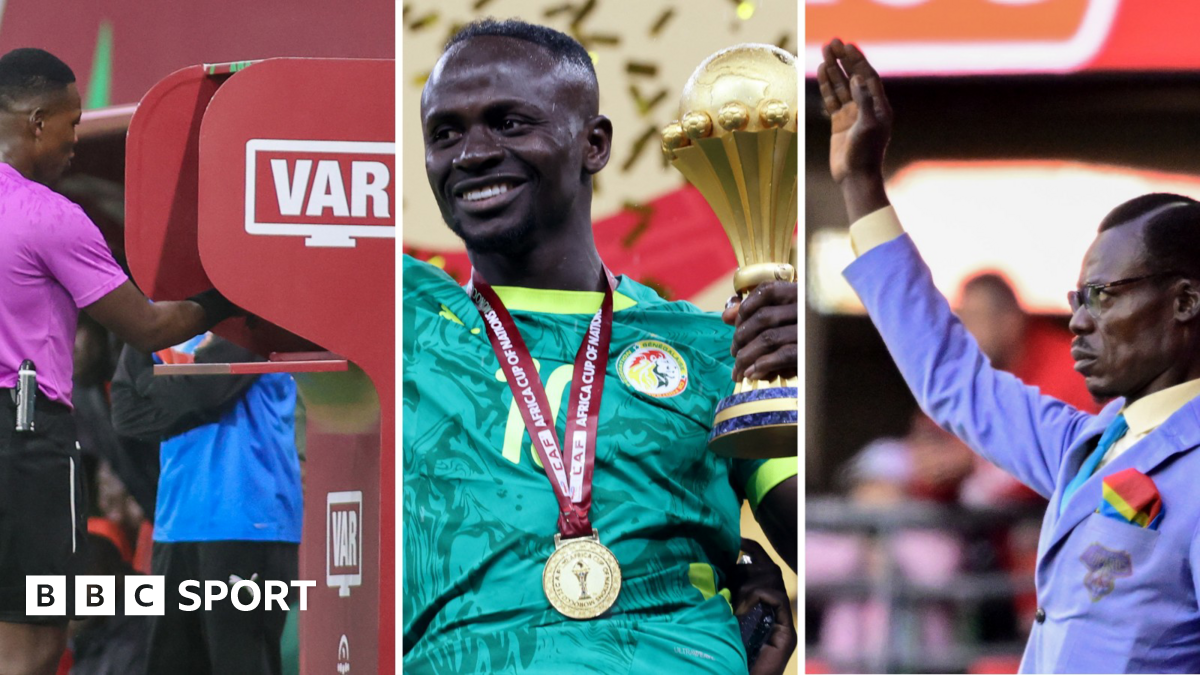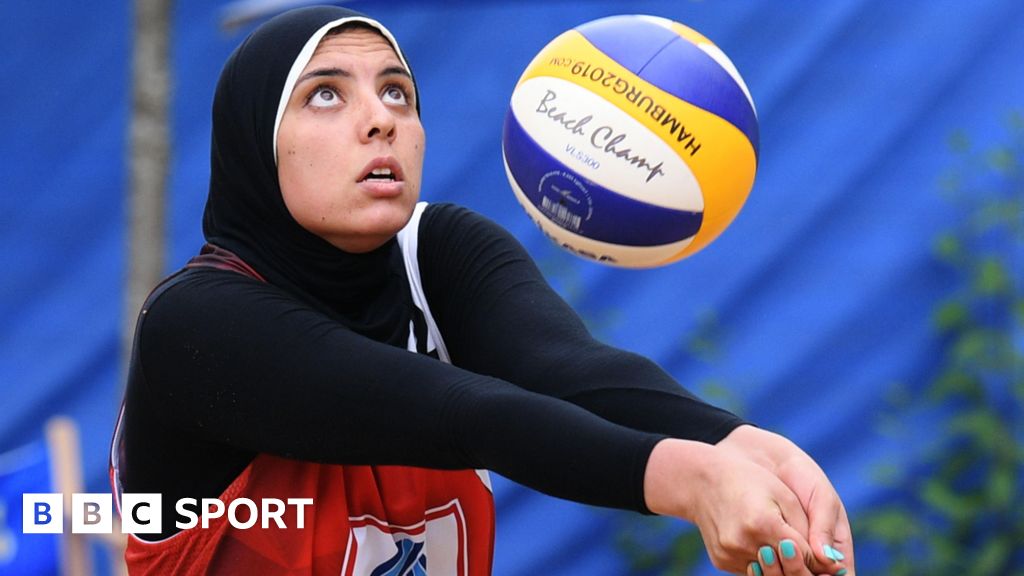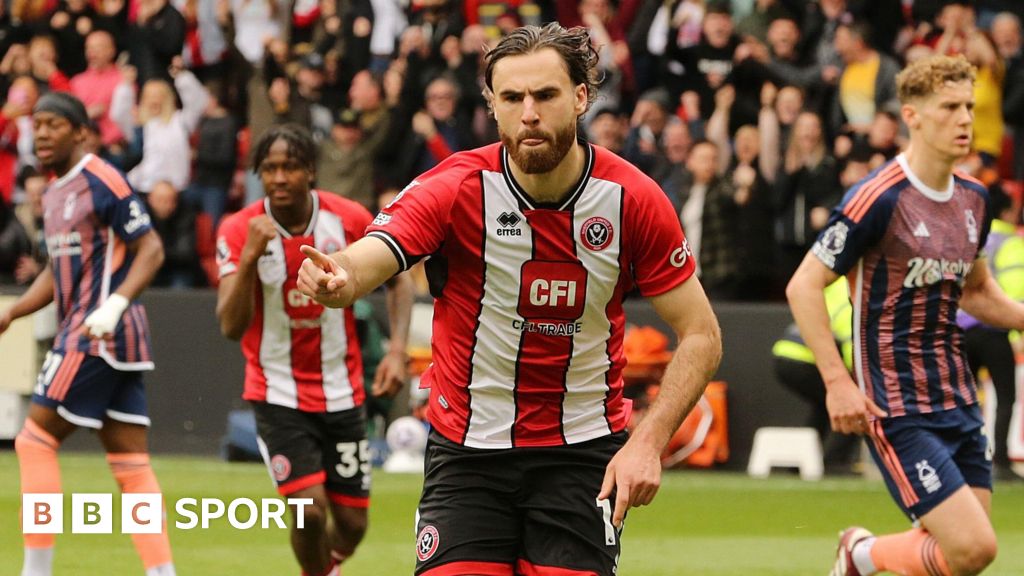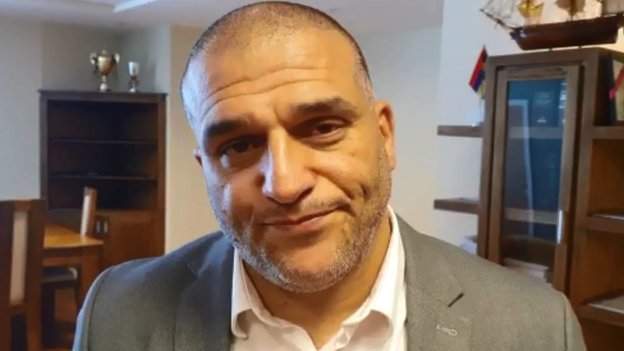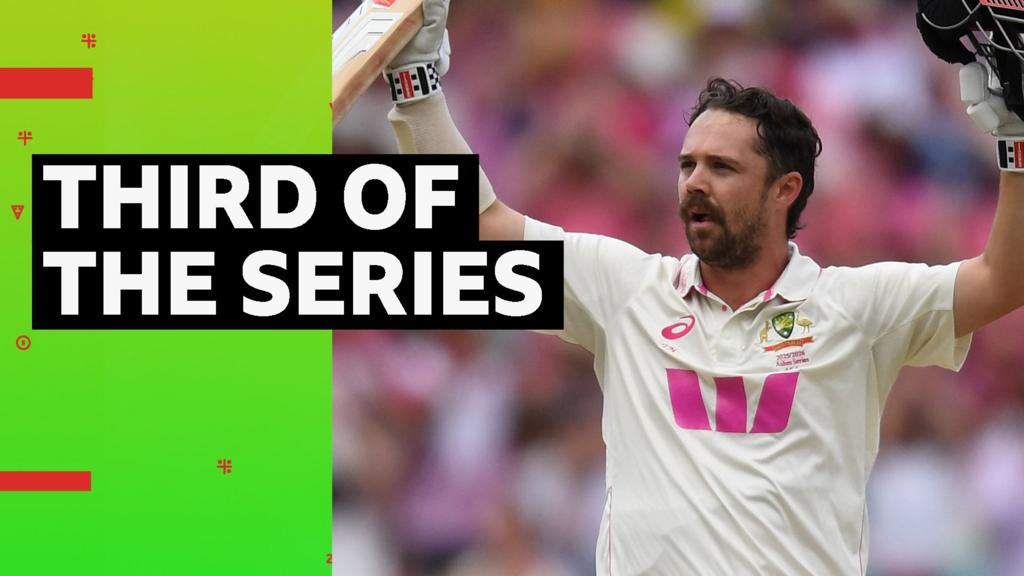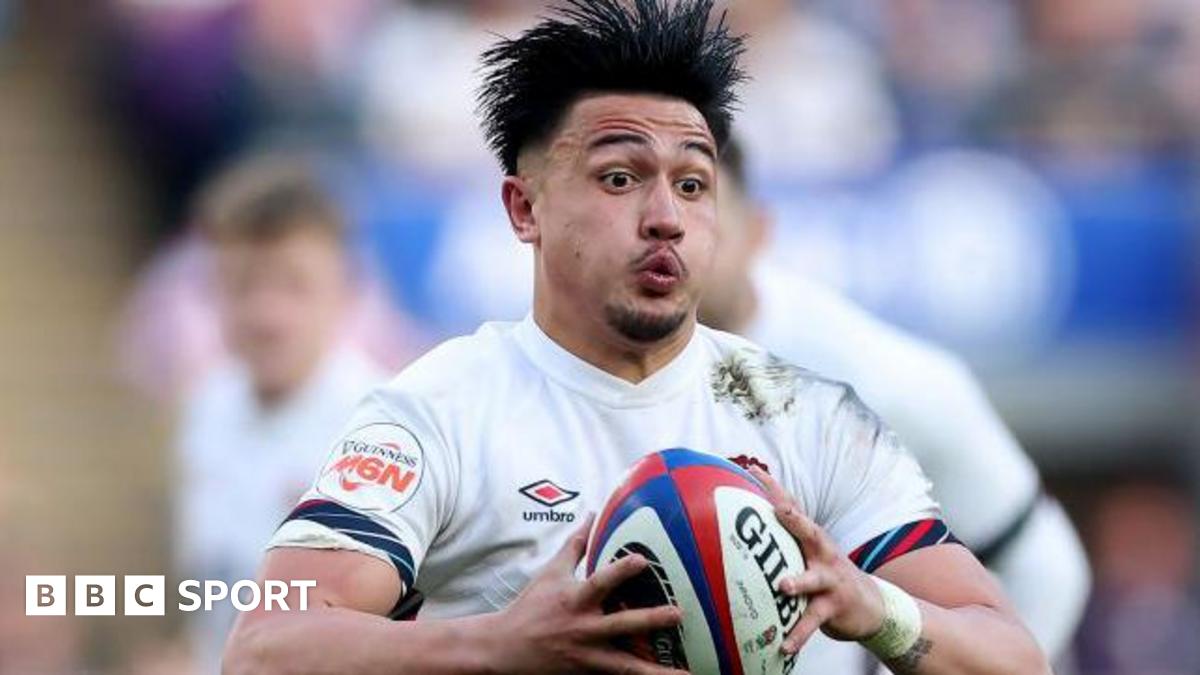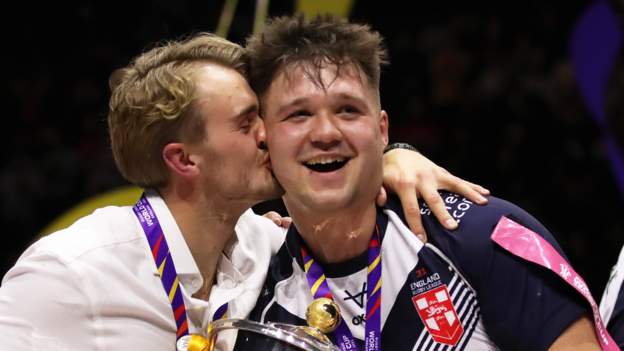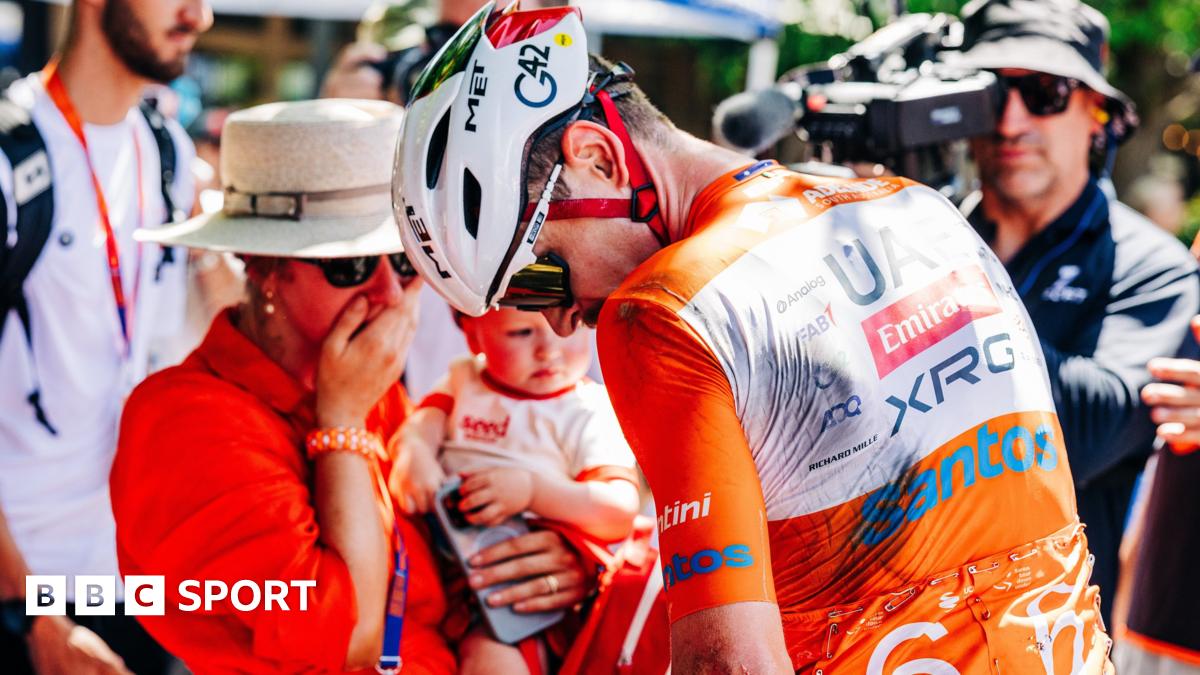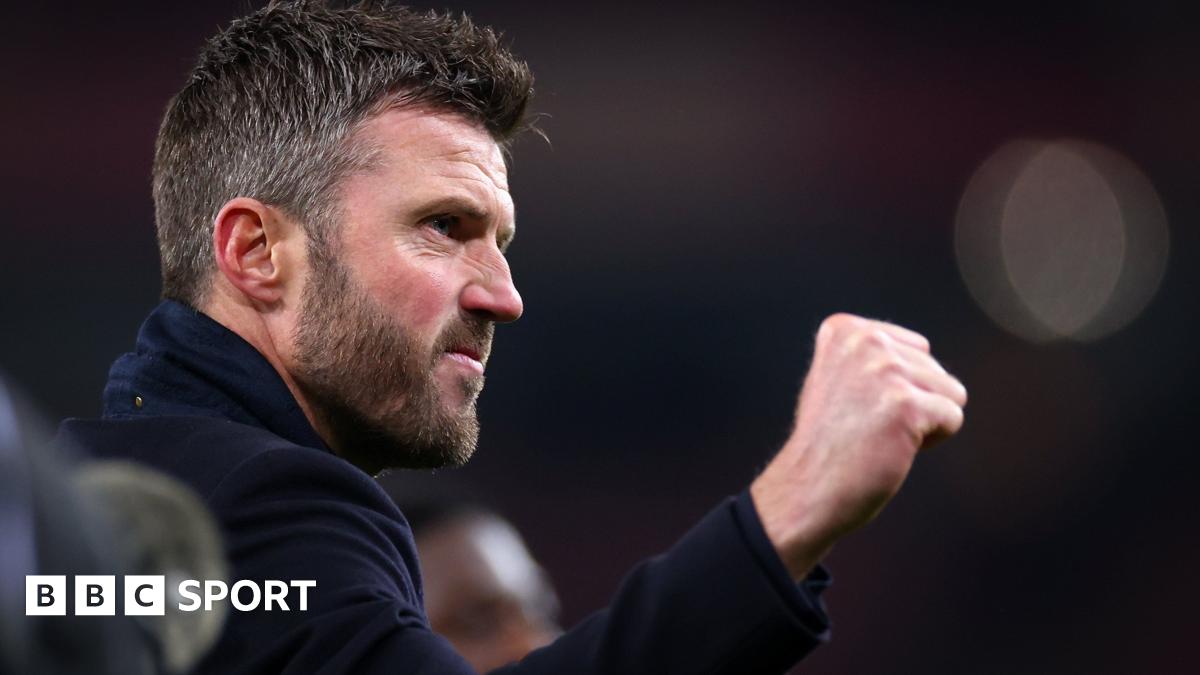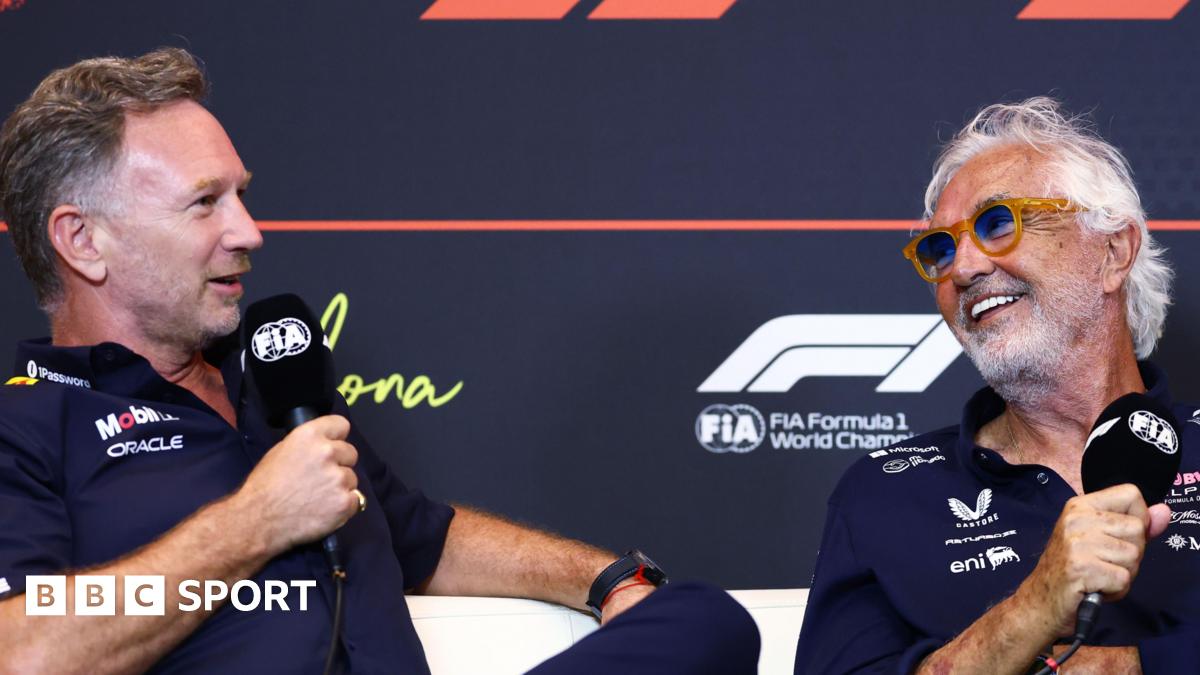Up until the 2012 Olympics female volleyball players were obliged to wear bikinis (with the lower part no more than 7cm from top to bottom at the hip) or a one-piece swimming costume – a rule which some regarded as a transparent attempt to make the sport sexy.
At the time the governing body, the International Volleyball Federation (FIVB) explained that its aim had been to open up the sport to more players, echoing the views of some onlookers who said they wished there had been an earlier example of the kind Elghobashy made on her Olympic debut.
Football’s world governing body Fifa soon followed the FIVB’s example, authorising head coverings for religious reasons in 2014.
Morocco defender Nouhaila Benzina became the first player to wear a hijab at a Fifa World Cup last year.
However, 2024 Olympics hosts France have banned their team members from wearing hijabs, with the country’s sports minister, Amelie Oudea-Castera, saying the move was made to help respect principles of secularism.
Amnesty International and 10 other groups wrote to the International Olympic Committee in June asking for the ban to be overturned, warning that it causes Muslim athletes to be “discriminated against, invisibilised, excluded and humiliated”.
Elghobashy believes allowing hijabs, which will be permitted in the athletes’ village, offers “freedom for everyone” and wants fans to focus on how athletes perform rather than whether or not they wear a head covering.
“I love playing in a hijab, not with a bikini,” she said, calling the FIVB’s rule change a sign of “respect”.
“For another girl, you might not like [it] – it’s OK for you. It’s freedom, I felt comfortable and good.
“The hijab is a part of me. It’s not [that way] for everyone.”

